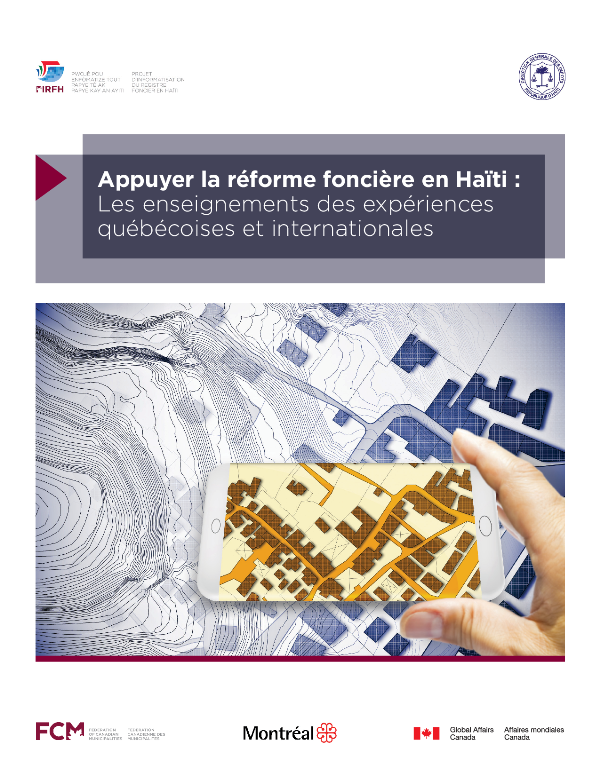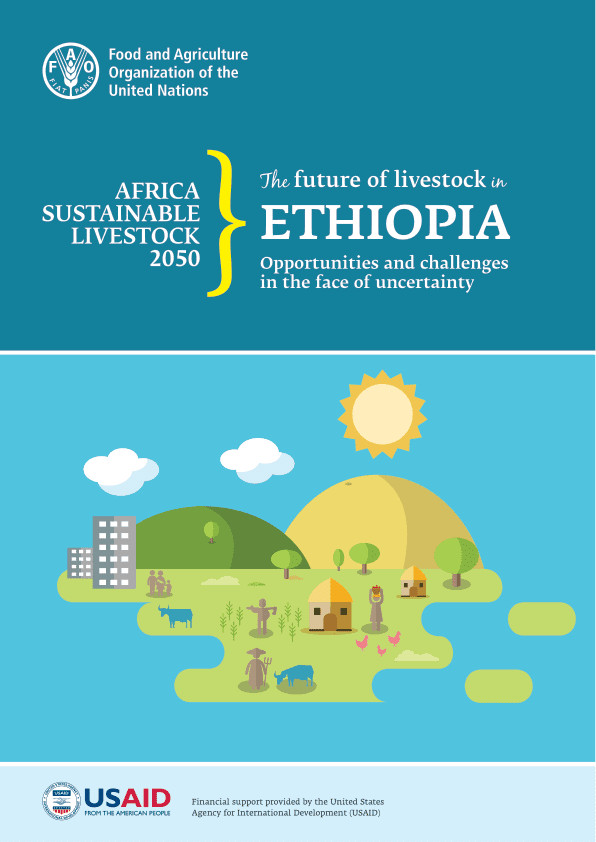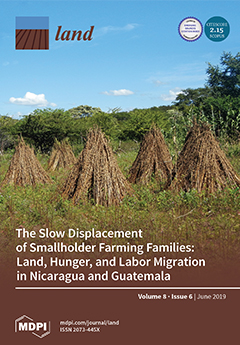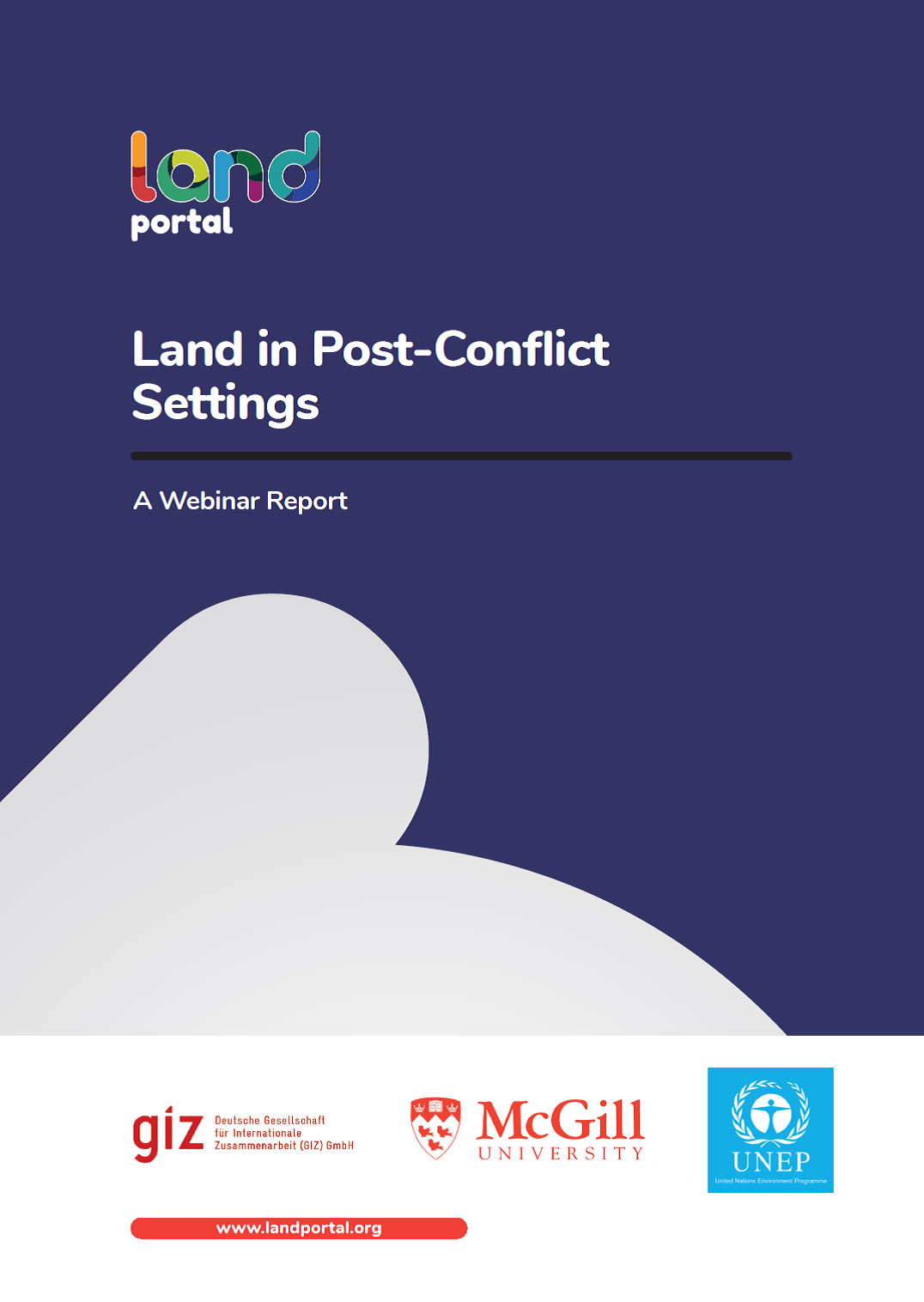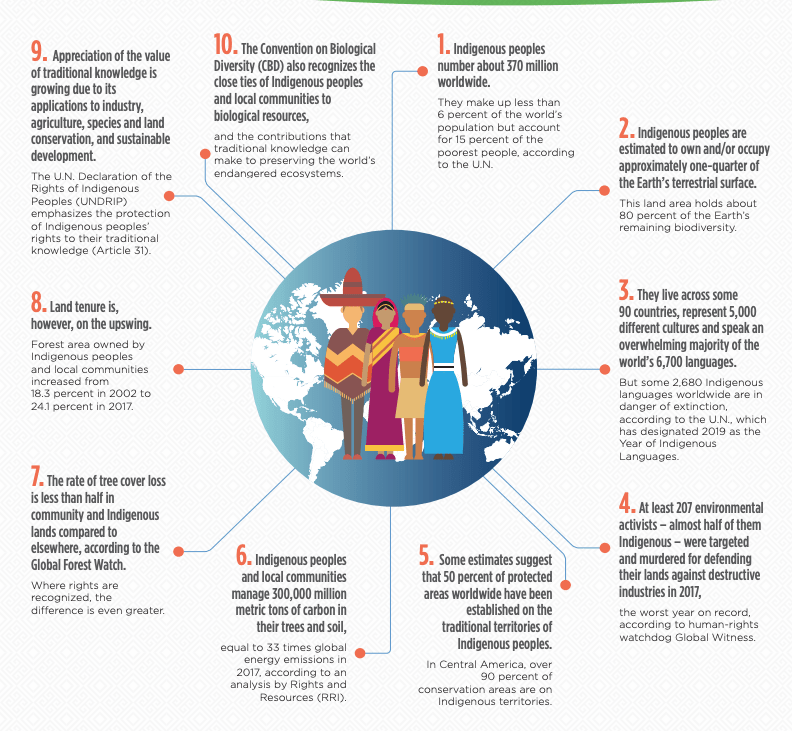Haïti : Appuyer la réforme foncière, retour sur les expériences québécoises et internationales
Date: 12 décembre 2019
Source: Foncier & Développement
Par: Daniel Latouche
« Appuyer la réforme foncière en Haïti : Les enseignements des expériences québécoises et internationales »

